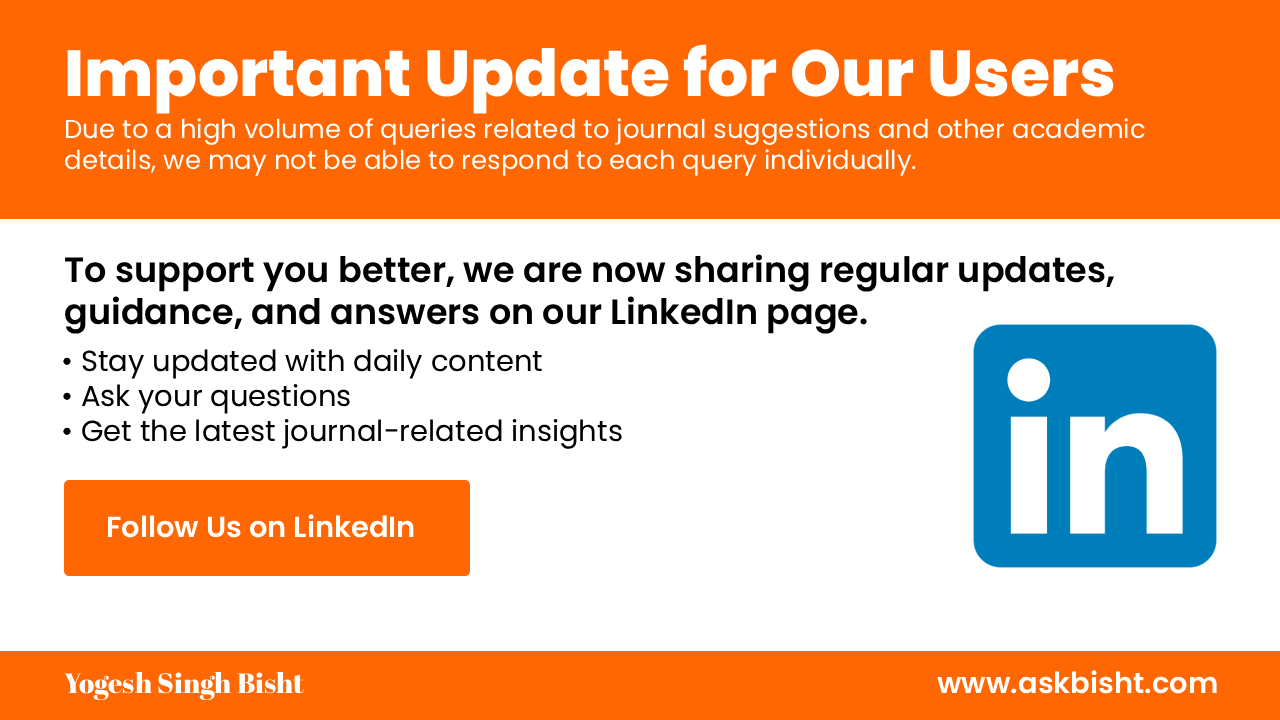International Journal of Engineering Pedagogy
Published by International Federation of Engineering Education Societies (IFEES) (Journal Finder)
eISSN : 2192-4880
Abbreviation : Int. J. Eng. Pedagog.
Aims & Scope
The International Journal of Engineering Pedagogy (iJEP) is an independent, peer-reviewed online journal.
It serves as an international forum related to engineering education, published at present four times a year.
Teachers, educators and researchers as well as schools and institutions are invited to discuss their research, experiences, ideas and perspectives in the field of engineering pedagogy at a worldwide level. iJEP is open to all aspects of engineering pedagogy.
Major fields of interest include: -teaching and learning styles- methods, practices and philosophies in engineering- assessment- ethics- inclusivity- sustainability- online and laboratory learning- professional practice- global dimensions of engineering education/globalisation- quality issues- technical teacher training- student communities- curricula in the Bachelor and Master system- faculty development- lifelong learning
View Aims & ScopeMetrics & Ranking
Impact Factor
| Year | Value |
|---|---|
| 2025 | 1.7 |
SJR (SCImago Journal Rank)
| Year | Value |
|---|---|
| 2024 | 0.484 |
Quartile
| Year | Value |
|---|---|
| 2024 | Q2 |
h-index
| Year | Value |
|---|---|
| 2024 | 23 |
Journal Rank
| Year | Value |
|---|---|
| 2024 | 11900 |
Journal Citation Indicator
| Year | Value |
|---|---|
| 2024 | 495 |
Impact Factor Trend
Abstracting & Indexing
Journal is indexed in leading academic databases, ensuring global visibility and accessibility of our peer-reviewed research.
Subjects & Keywords
Journal’s research areas, covering key disciplines and specialized sub-topics in Engineering and Social Sciences, designed to support cutting-edge academic discovery.
Licensing & Copyright
This journal operates under an Open Access model. Articles are freely accessible to the public immediately upon publication. The content is licensed under a Creative Commons Attribution 4.0 International License (CC BY 4.0), allowing users to share and adapt the work with proper attribution.
Copyright remains with the author(s), and no permission is required for non-commercial use, provided the original source is cited.
